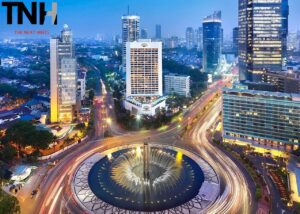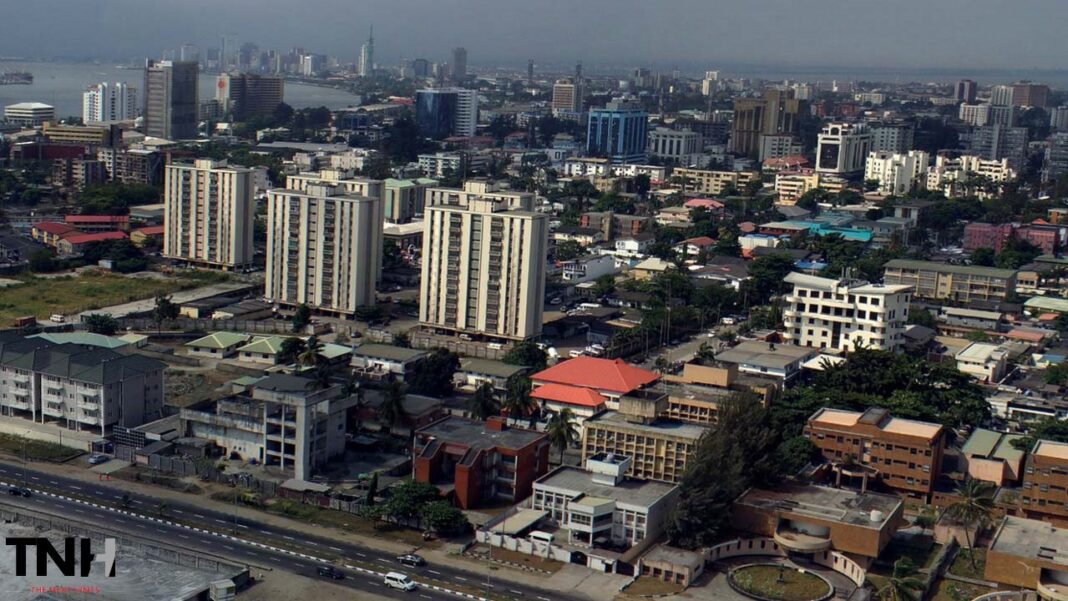The city of Lagos, Nigeria, is a major centre of the economy of the country. It is the most populous city in the nation, with an estimated population of 3.5 million people. With a variety of industries, including petroleum and oil, the city offers many opportunities for businessmen. But the downside is that it is an expensive city to live in.
Aba
Aba is a city in Nigeria. It is located in the state of Abia. The city is the largest city in the state. A major part of its population are Igbos. Other ethnic groups are the Hausa and Yoruba.
A notable event in the city’s history is the Aro expedition. It took place in the early 20th century and involved a large military effort to pacify anti-colonial sentiment in the region.
Abuja, the capital of Nigeria, has a gross metropolitan area of over 1.5 million. The city is considered a powerhouse, with a number of international embassies and parastatals.
There are plenty of other cities in the country, with some of them being the largest in Africa. However, the list below focuses on the largest and most recognizable.

Kano
Kano, Nigeria, is the second largest city in the country, with a population of over 3.5 million people. It is a commercial and cultural centre. There are many people from other parts of Nigeria living here. The city is a major gateway for the Trans-Sahara trade.
Before the British took control of the city, Kano was an important commercial and administrative centre. In fact, the city replaced Lokoja as the main administrative centre of Northern Nigeria. As a result, the economy was heavily reliant on trade.
Kano was also connected to the trans-Atlantic trade when the railway line reached the city in 1911. During the 19th century, Kano was also a key centre for agricultural products. This included the production of textile materials, leather, grains, and mats.
Ibadan
Ibadan is a city in south-western Nigeria, in Oyo State. It is a major commercial centre and the fourth largest state economy in Nigeria. The city has a population of more than three million inhabitants.
Ibadan is a major trading centre for cotton, cocoa, cassava and other commodities. It has a climate that is humid and tropical. During the rainy season, the city experiences rainfall of around 1467 mm (57.8 in).
In 2011, the Ibadan city suffered a major flooding disaster that destroyed buildings and left many people dead. The World Bank Group provided assistance to the Oyo State Government to help rebuild the city. This support also helped enhance the city’s resilience to flooding.
Yerwa
There are several Nigerian cities to choose from. In fact, the country is home to over 250 ethnic groups. Fortunately for those of us who live and breathe in this country, the country has a diversified economy that attracts visitors from near and far. One of the perks of living in Nigeria is the fact that there are several major metropolitan areas to choose from. These metropolitan areas are a mixture of the old and new.
One of the largest cities in the country is Lagos. The city is located along the coast of the Atlantic Ocean. The city is the economic hub of West Africa. Many large corporations have headquarters here. It is also a slum hotspot.
Zaria
Zaria is a city located in northern Nigeria. It is also the capital of the Zazzau Emirate Council. The city is the home of the Ahmadu Bello University, one of the top universities in Africa.
According to the 2006 census, Zaria had a population of 736,000. This is a tenth of the population of Lagos, Nigeria’s largest city. However, this city is growing at a faster rate, which makes it one of the fastest growing cities in the world.
Zaria’s economy is primarily based on agriculture. Major crops in the region include tobacco and cotton. In addition, the city is an important producer of groundnuts.
Abuja
Abuja is the capital of Nigeria. It is also the largest and most rapidly growing city in the country. This city, situated in the west of Nigeria, is home to about 3.5 million people.
There are many buildings in the city that reflect the newness of the city. The National Christian Centre, for instance, is shaped like a ship.
Abuja is an ideal destination for international events. The city has been host to several major events. For example, the 2003 Commonwealth Heads of Government Meeting took place in Abuja. It has also been the venue for the African cup of Nations and various government meetings.


